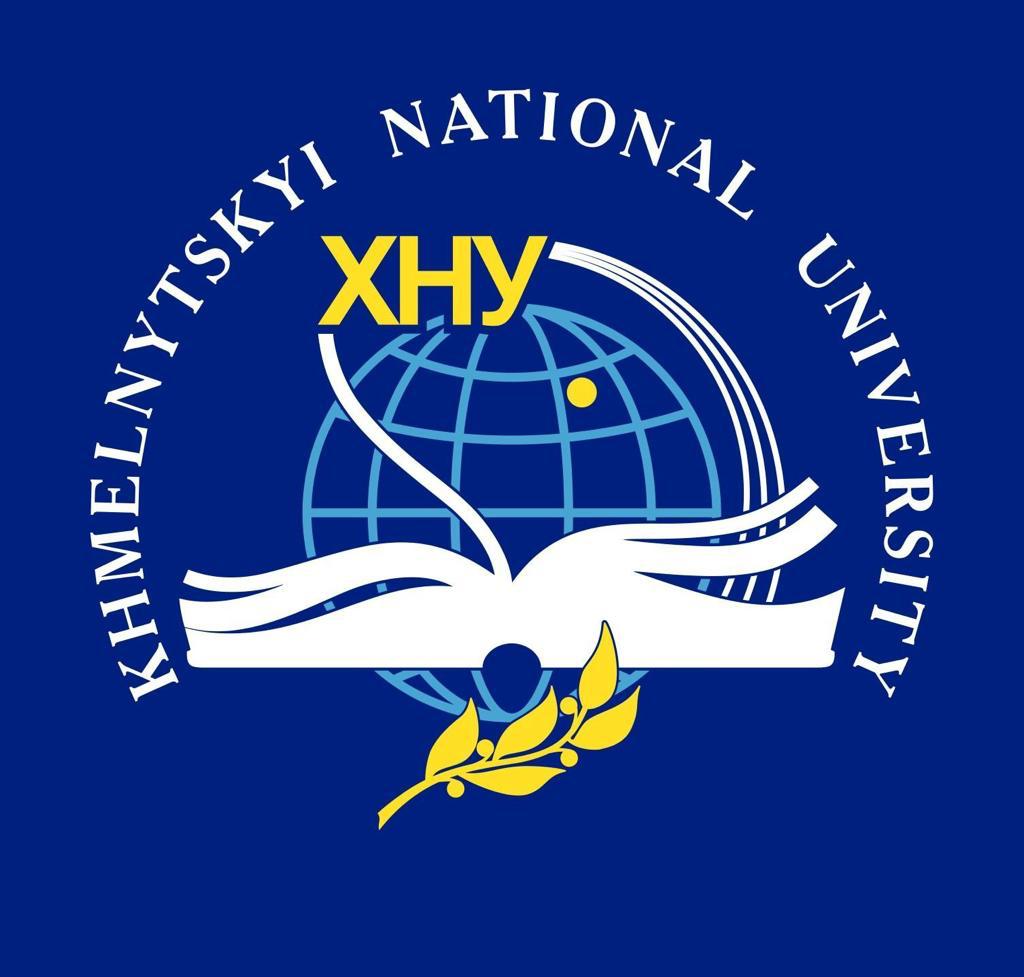TO THE PROBLEM OF FORMATION OF PROFESSIONAL COMPETENCE OF FUTURE SPECIALISTS IN PHYSICAL EDUCATION AND SPORTS DURING THE PROCESS OF VOCATIONAL TRAINING
DOI:
https://doi.org/10.31891/pcs.2022.1.4Keywords:
vocational training, future specialists in physical education and sports, criteria, professional formation, professional competenceAbstract
The article reveals the results of research of professional competence formation of future specialists in physical education and sports in the process of vocational training by the motivational and evaluative, gnostic, professional and personal, activity and practical as well as analytical criteria in the experimental and control groups. Significant improvement of all criteria of professional competence of future specialists in physical education and sports in the process of vocational training has been revealed. This proves that the dynamics of professional competence formation of future specialists in physical education and sports in the process of vocational training is successful due to the implemented organizational and pedagogical conditions of professional formation of such specialists in vocational training.
The experimental work has been done in four stages of scientific and pedagogic research (research and analytical, conceptual and modeling, organizational and implementation, final) on the basis of seven higher educational establishments of Ukraine. To obtain optimal authenticity of results, 470 participants, of which 394 were students (197 persons – CG, 197 persons - EG) and 76 – teachers have been involved in the experiment. The idea behind the pedagogical experiment was to define the efficiency of organizational and pedagogical conditions of professional formation of future specialists in physical education and sports in vocational training, such as: formation of motivation of future specialists in physical education and sports to perform professional activity on the basis of professional and motivational trainings; improvement of content of vocational training of future specialists in physical education and sports on the basis of realization of educational and methodological complex; the development of professional competence of future specialists in physical education and sports in the process of having various types of field studies; implementation of efficient diagnostics to define readiness of future specialists in physical education and sports to professional activity; ensuring professional self-development of future specialists in physical education and sports by using personaloriented technologies. In the process of its implementation, quality and rate of mastering of theoretical knowledge, practical skills in major subjects, the role of the teacher under the conditions of innovational teaching form aimed at the development of professional competence future specialists in physical education and sports have been studied.
References
Barbuto J. (1996). A self-concept-based model of work motivation: a class exercise. Proceedings of the Eastern Academy of Management Annual Meeting, Washington, DC, pp. 44 – 53.
Byelikova N. О. (2014). Scientifically-methodological approaches to vocational training of contemporary specialist in physical education and sports [in Ukrainian]. Kyiv, Naukovo-pedagogichni problem phizychnoyi kultury, 3К(44)14. – pp. 91-96.
Winterstein, P. J. (2002). The Motivation for Physical Activity and Sport. In: De Rose Jr., D.. Sport and Physical Activity in Children and Adolescents: A Multidisciplinary Approach. Porto Alegre: Artmed.
Sushchenko L. P. (2003). Vocational training of future specialists in physical education and sports (theoretical and methodological aspect): monograph [in Ukrainian], 442.
Backman, E., & Larsson, H. (2014). What should a physical education teacher know? An analysis of learning outcomes for future physical education teachers in Sweden. Physical Education and Sport Pedagogy, 1- 16. doi: 10.1080/17408989.2014.946007
Grabowski H., Uwagi krytyczne o wychowaniu fizycznym i ksztalceniu nauczycieli. «Impuls», Krakow 2004, 70 s.
Wuest D.A. Foundations of Physical Education, Exercise Science and Sport (14th ed.). / D.A. Wuest, Ch. A. Bucher. – St. Louis: Mosby: YearBook Inc., 2003. – 451 p.
Quennerstedt M., Larsson H. Learning movement cultures in physical education practice / M. Quennerstedt, H. Larsson // Sport, Education and Society. 2015. Т. 20. № 5. С. 565–572. doi:10.1080/13573322.2014.994490.
Rychen D.C. et al. Key Competencies for Successful Life and Well-Functioning Society. – OECD: Hogrefe and Huber, 2003. – 224 p.
Zeer, E. F. (2003). Psychology of professions [in Russian]. Iekaterinburg, Delovaia kniga, 336.
Buns Matthew T. Systematic analysis of physical education standards, benchmarks and related teacher decisions. Journal of Physical Education and Sport ® (JPES), 15(2), Art 42, pp. 277 - 286, 2015 online ISSN: 2247 - 806X; p-ISSN: 2247 – 8051; ISSN - L = 2247 - 8051 © JPES
Aghyppo Aexandr, Tkachov Sergij, Orlenko Olena. Role of physical education on the formation of a healthy lifestyle outside of school hours. Journal of Physical Education and Sport ® (JPES), 16(2), Art 54, pp. 335 - 339, 2016 online ISSN: 2247 - 806X; p-ISSN: 2247 – 8051; ISSN - L = 2247 - 8051 © JPES
Antoniuk O.V., Vynogradskyi B.A., Pavlyuk O.S., Chopyk T.V., Pavlyuk E.A.,Soltyk O.O. (2017). Peculiarities of barbell motion trajectory during snatch lift of elite female weightlifters. Journal of Physical Education and Sport ® (JPES), 17(1), Art. 59, pp. 402 - 406, online ISSN: 2247 - 806X; p-ISSN: 2247 – 8051; ISSN - L = 2247 - 8051 © JPES
Antoniuk O.V., Pavlyuk O.S., Chopyk T.V., Pavlyuk E.A. (2016) Characteristics of barbell trajectory in snatch, fulfilled by elite female weight-lifters. Pedagogics, psychology, medical-biological problems of physical training and sports,;6:4–8. doi:10.15561/18189172.2016.0601





